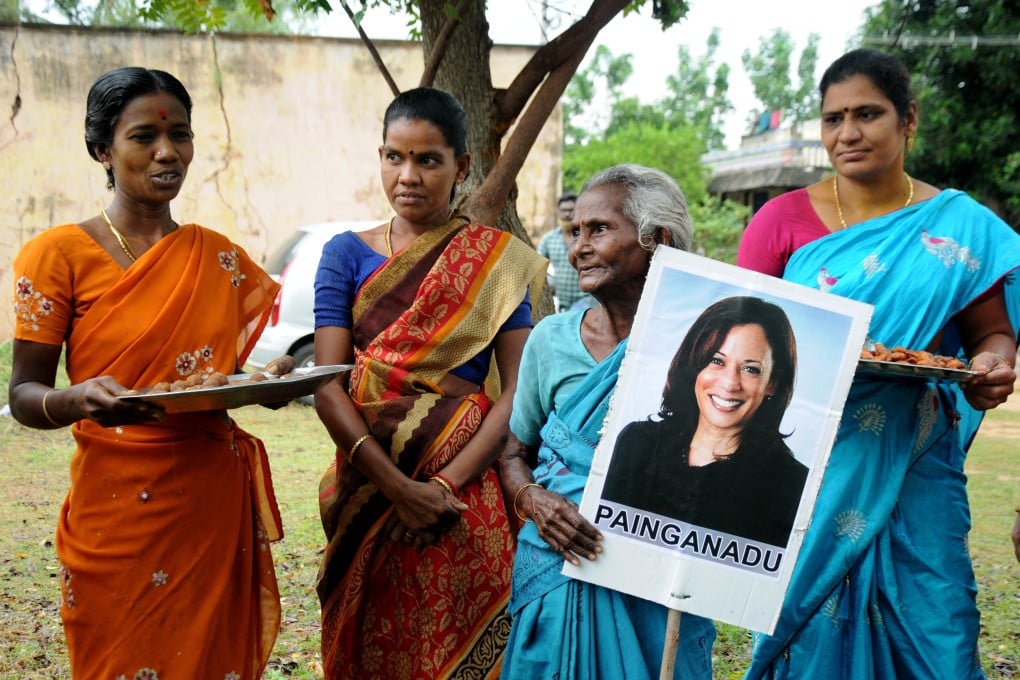Advertisement
Opinion | What the Biden-Harris victory means for India and Hindu nationalism
- If Indians believed US-India relations were on solid ground given the bond between Trump and Modi, what does a Biden-Harris government portend?
- For Modi, it seems it’s bad news and a political investment gone awry
3-MIN READ3-MIN

In the run-up to the US presidential election, Joe Biden’s campaign specifically courted the vote of the Indian-American community.
His vice-president-elect, Kamala Harris, who is half black and half Indian, appeared in videos with celebrities of Indian descent – making masala dosas with Mindy Kaling, and chatting with Padma Lakshmi about racial representation – while other South Asian-American celebrities joined the campaign to raise awareness of the importance of voting.
Meanwhile, prayers for both Harris and the incumbent president, Donald Trump, were held in different parts of India.
Advertisement
Before the election, there were concerns that South Asians in the US could be turning politically conservative, a fire seemingly stoked by the growing Hindu nationalism in India.
But if Indians believed the US-India relationship was on solid ground because of the populist bond between Trump and Prime Minister Narendra Modi, the question then is: what will become of the bilateral relationship now that Biden and Harris are set to take up the reins?
Advertisement
For Modi, it seems a Biden-Harris government is both bad news and a political investment gone awry. Back in September 2019, Modi visited the US and addressed a crowd of 50,000 Indian-Americans at a “Howdy, Modi!” event in Houston.
Advertisement
Select Voice
Select Speed
1.00x
